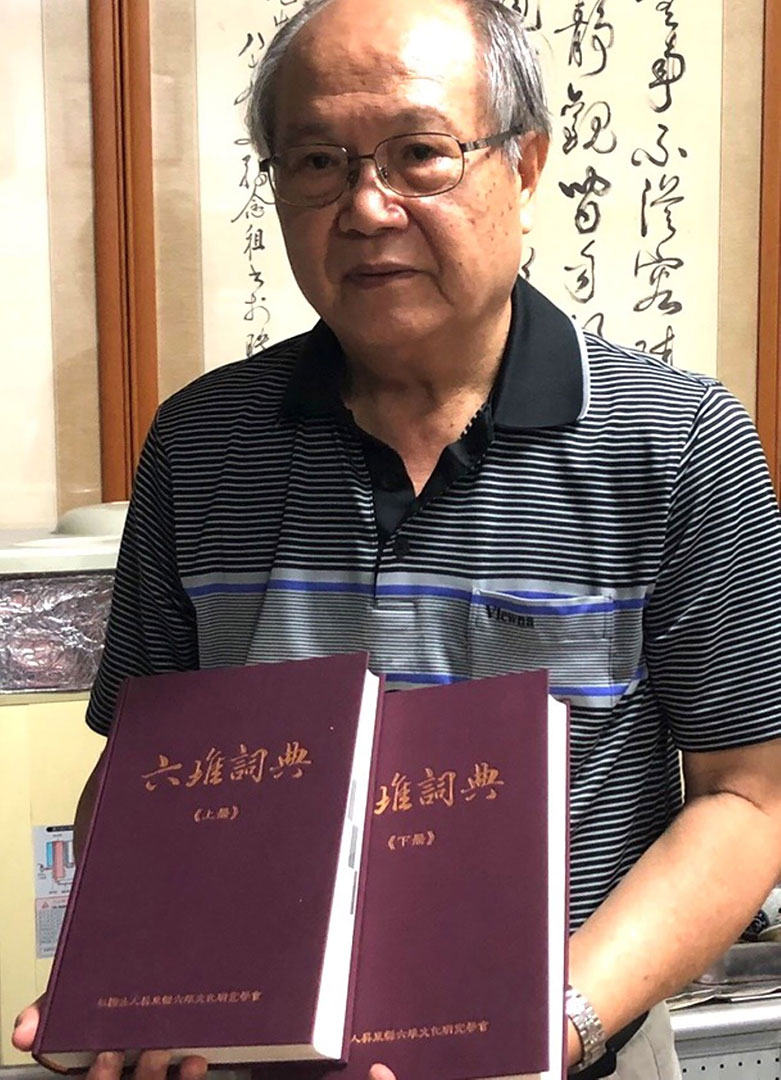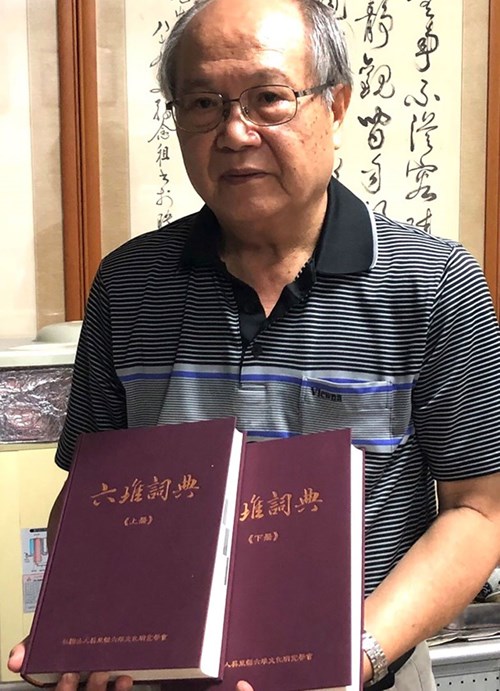
News
【Announcement】Lexicon of southern Taiwan’s Hakka language makes its debut
- Source:客家文化發展中心
- Publication Date:2020/06/03
- Last updated:2020/12/14
- Count Views:2019
The Liudui Lexicon (六堆詞典) on the Hakka language of southern Taiwan’s Liudui region, published by the Liudui Culture Research Association (六堆文化研究學會), was unveiled on May 30.
The dictionary’s main compiler, Tseng Tsai-chin (曾彩金), the association’s director, started the compilation work a decade ago. After retiring from a high school, Tseng devoted himself to preserving Liudui’s Hakka heritage. At meetings convened by the central government agency about events related to the Hakka language, Tseng discovered that, compared to the Hakka language spoken in northern Taiwan, Liudui’s Sixian-accented Hakka language received relatively little the public attention. To increase people’s interest in his mother tongue, Tseng was determined to edit a lexicon that will help people understand the rich and colorful language.


“Liudui” is a collective appellation for the Hakka settlements in 12 townships/districts of Kaohsiung and Pingtung. According to Tseng, the Hakka language of these townships can be divided into three kinds of Hakka phonetic systems, which cannot be found in northern Taiwan, indicating the uniqueness of the southern Sixian accent of Liudui’s Hakka phonetic systems as well as their linguistic diversity.
Tseng said that the dictionary focuses on common words in Liudui, including phrases for daily use, idioms, and proverbs, as well as brief accounts of Liudui history, folk culture, and lifestyle.
In addition to offering an opportunity for the general public to learn Liudui’s Hakka language, the lexicon can also serve as a reference book for native language teachers, Tseng added.
The Liudui Lexicon, the result of a 10-year effort and a NT$7-million funding, is the first-ever dictionary of southern Taiwan’s Hakka language. This 1,400-page, two-volume dictionary with more than 20,000 entries is priced at NT$2,000 and comes with an audio CD for learning. A total of 1,200 copies were printed, of which 200 copies remain available.
Tseng hopes that, through this lexicon, Liudui’s Hakka language and culture will be preserved well and passed on to the coming generations.

